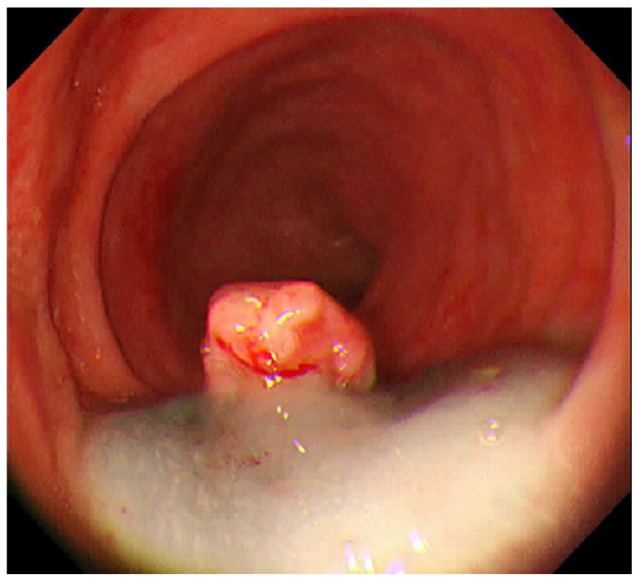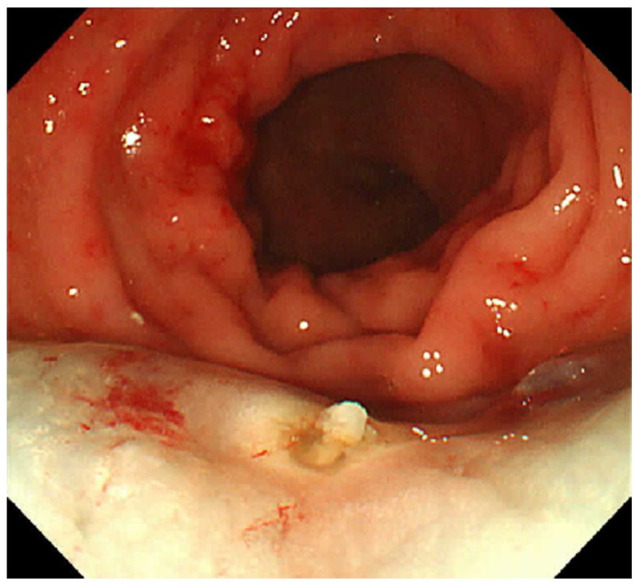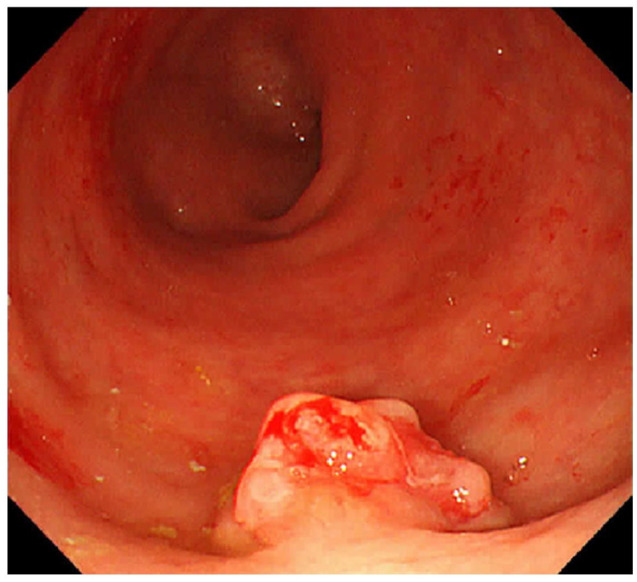Relapse of Non-Gastrointestinal Langerhans Cell Histiocytosis in the Rectum in a Child: A Case Report.
IF 0.8
Q3 MEDICINE, GENERAL & INTERNAL
引用次数: 0
Abstract
Langerhans cell histiocytosis (LCH) is a rare disorder most commonly involving skin, bone and lung. The gastrointestinal tract (GIT) is an uncommon site of disease and only a handful of case reports exist. We present a case of a 15-year old boy with treated LCH involving the skin, bones, central nervous system (CNS) and pituitary gland. He presented with rectal bleeding and on investigation was found to have a single rectal polyp which was confirmed histologically and immunologically to be LCH. Further investigation revealed no other foci of disease.



儿童直肠非胃肠道朗格汉斯细胞组织细胞增多症复发1例。
朗格汉斯细胞组织细胞增多症(LCH)是一种罕见的疾病,最常累及皮肤、骨骼和肺部。胃肠道(GIT)是一种罕见的疾病,只有少数病例报告存在。我们提出一个15岁的男孩与治疗LCH涉及皮肤,骨骼,中枢神经系统(CNS)和脑垂体。他表现为直肠出血,经检查发现有一个直肠息肉,经组织学和免疫学证实为LCH。进一步调查未发现其他疫源地。
本文章由计算机程序翻译,如有差异,请以英文原文为准。
求助全文
约1分钟内获得全文
求助全文
来源期刊

Clinical Medicine Insights. Case Reports
MEDICINE, GENERAL & INTERNAL-
CiteScore
1.10
自引率
0.00%
发文量
57
审稿时长
8 weeks
 求助内容:
求助内容: 应助结果提醒方式:
应助结果提醒方式:


